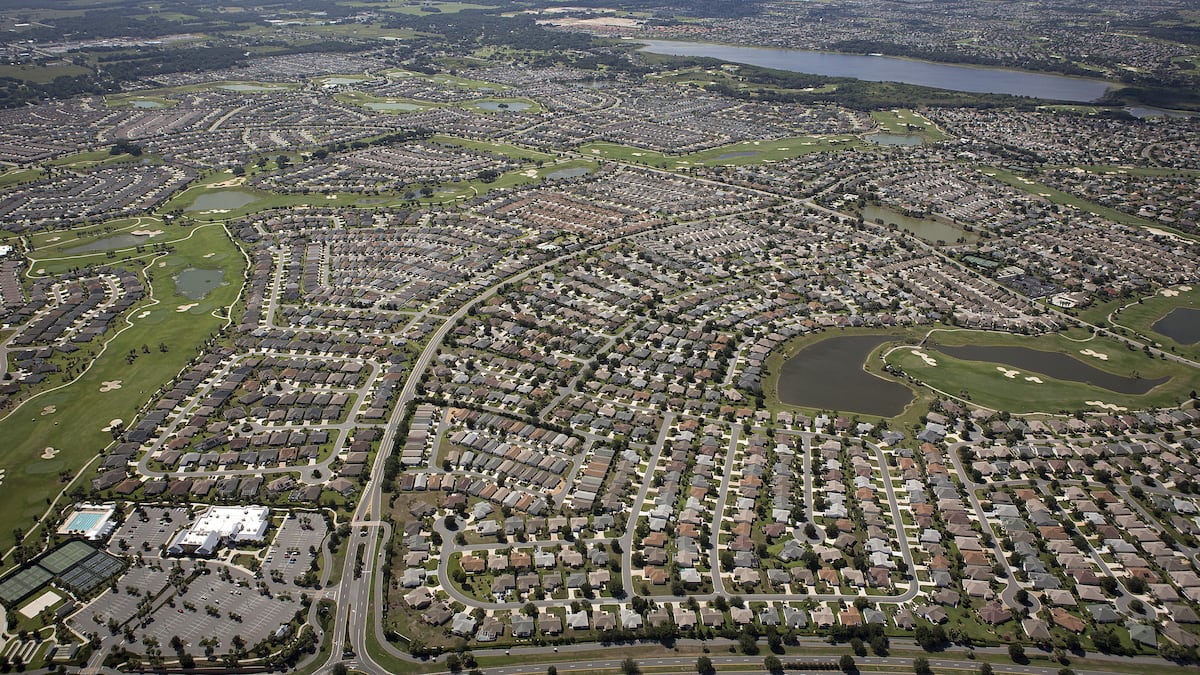Concrete vs. Conservation: Florida's Delicate Ecological Balancing Act

Florida's Ecological Landscape at Risk: Proposed Laws Threaten Conservation Efforts
Lawmakers are considering controversial legislation that could dramatically reshape Florida's environmental protections, potentially opening up vast areas of critical natural and agricultural lands to unrestricted development. These proposed laws represent a significant challenge to long-standing conservation efforts that have traditionally safeguarded the state's most precious ecological resources.
The proposed changes would effectively dismantle existing restrictions that have protected high-priority natural habitats and productive agricultural lands from aggressive urban expansion. Environmental advocates warn that such legislation could lead to irreversible damage to Florida's delicate ecosystems, wildlife corridors, and agricultural heritage.
Supporters of the proposed laws argue that the changes will stimulate economic growth and provide more opportunities for real estate development. However, conservationists and environmental experts counter that the potential long-term environmental and economic costs far outweigh any short-term gains.
The proposed legislation threatens to transform large swaths of Florida's pristine landscapes, potentially replacing critical natural habitats and productive farmlands with urban sprawl. This shift could have profound implications for the state's biodiversity, water resources, and agricultural sustainability.
As the debate intensifies, stakeholders from environmental groups, agricultural communities, and development sectors are preparing for a critical battle that could reshape Florida's environmental future.
